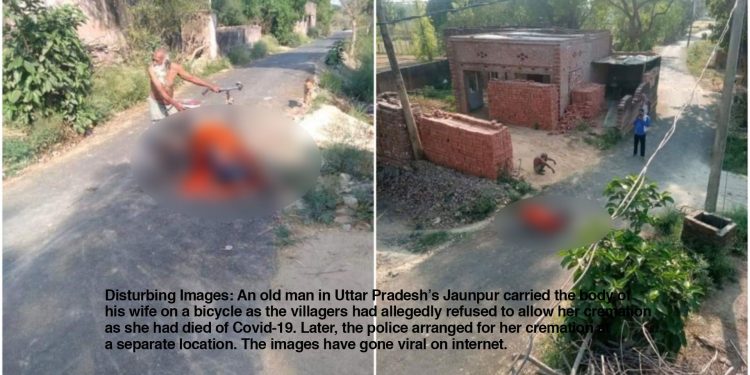Deepak Joshi
Amnesty International Australia has expressed concerns about freedom of expression and the human rights situation in India.
In a letter to Marise Payne, Minister for Foreign Affairs, Sam Klintworth, National Director, Amnesty International Australia, said, “I am writing to you deeply concerned about the human rights situation in India due to the ongoing spread of the COVID-19 pandemic.”
“Twitter and Facebook’s decision undermines Indian citizens’ freedom of expression and the right to receive and impart information without interference, which is of particular importance during a public health emergency.”
– Amnesty Australia
According to the Lumen Database, a Harvard University initiative that tracks takedown requests, at least 52 tweets from prominent figures — including opposition politicians, journalists and filmmakers — have been censored by the Indian Government. Although some of these social media posts contained potentially misleading information, many others were trying to document the scale of India’s deadly outbreak.
On freedom of expression, Amnesty Australia’s letter expressed concern “about a statement from India’s Ministry of Electronics and Information Technology which confirmed that it ordered Twitter, Facebook and others to take down roughly 100 social media posts.”
The letter accused the Indian Government of “using the vague and ambiguous argument that the content is ‘fake news’ and ‘spreading misinformation when in reality it is trying to silence any criticism against it.
The letter said that it is a tactic that has been used time and time again by governments across the world during the pandemic to avoid scrutiny and accountability. It urged Ms Payne to urge the Indian Government to stop their crackdown on the right to freedom of information.
The letter also highlighted India’s urgent need for ventilators, oxygen concentrators, protective gowns, goggles and face shields, as well as universal and fair access to COVID-19 vaccines.
Australia is sending an initial package to support India in its fight against the deadly second wave of coronavirus.
“509 ventilators, 1 million surgical masks, 500,000 P2 and N95 masks, 100,000 surgical gowns, 100,000 goggles, 100,000 pairs of gloves, and 20,000 face shields. We will also agree to commence procurement of 100 oxygen concentrators, along with tanks and consumables,” said Scott Morrison, the Australian Prime Minister.
In the letter, Mr Klinworth also expressed concern “for the approximately 10,000 Australian citizens and permanent residents who are stranded in India.” and urged that “Repatriation flights from India should be increased and a special stand-alone temporary quarantine facility be built to facilitate their arrival home.”
Australia has paused all flights from India, including the repatriation flights, to bring over 9,000 Australians stranded in India for months until 15 May.
Mr Morrison says a hardship program that has been in place for many months now continues to be available to provide support to Australians in those circumstances and consular support continues to be available.
Before the current outbreak, the Department of Foreign Affairs and Trade had eight planned flights from India in May, which have been postponed.
Foreign Minister Maris Payne says those restrictions will be under regular review.
“When circumstances do allow through this “temporary pause, we will resume those flights and, if possible, seek to increase the frequency if we are able to,” Ms Payne told the journalists.
“Since these efforts have begun, we have seen over 19,400 Australians return from India since March of last year. We currently have just over 9,000 Australians registered in India, 650 of those are registered as vulnerable.”
“As you would expect in the circumstances, this number will certainly increase in the coming days and weeks as people’s circumstances change.”
– Marise Payne, Foreign Minister, Australia
Since March last year Australia has facilitated 38 flights out of India, 28 flights with Qantas from Delhi, from Chennai, from Mumbai and Calcutta, which have brought back 5,000 passengers.
Follow NRI Affairs on Facebook, Twitter and Youtube.











